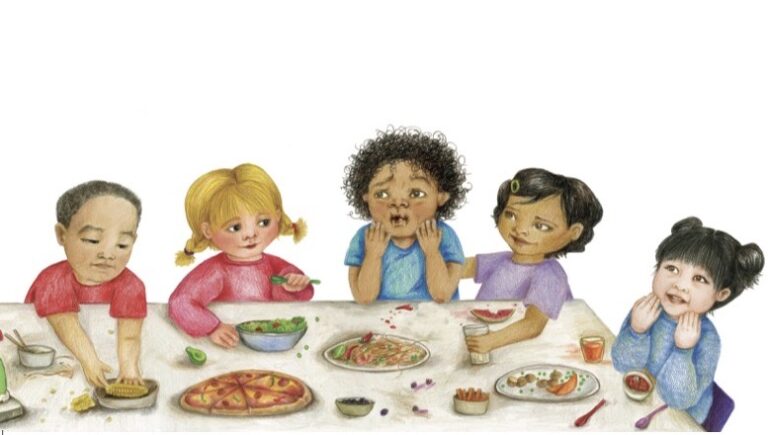Thanksgiving is here! Let’s take a look at the meaning behind this holiday in the US, and what its traditions have in common with celebrations in other parts of the world. And learn to say
“thank you” in different languages!
Harvest Celebrations
The first Thanksgivings celebrated by the Pilgrims and the Wampanoag Indians were a celebration of a good harvest.
Harvest celebrations are held in every part of the world, throughout the year. For example, Vietnam celebrates the Mid-Autumn Festival, and Israel celebrates the...
.......... CONTINUE READING


